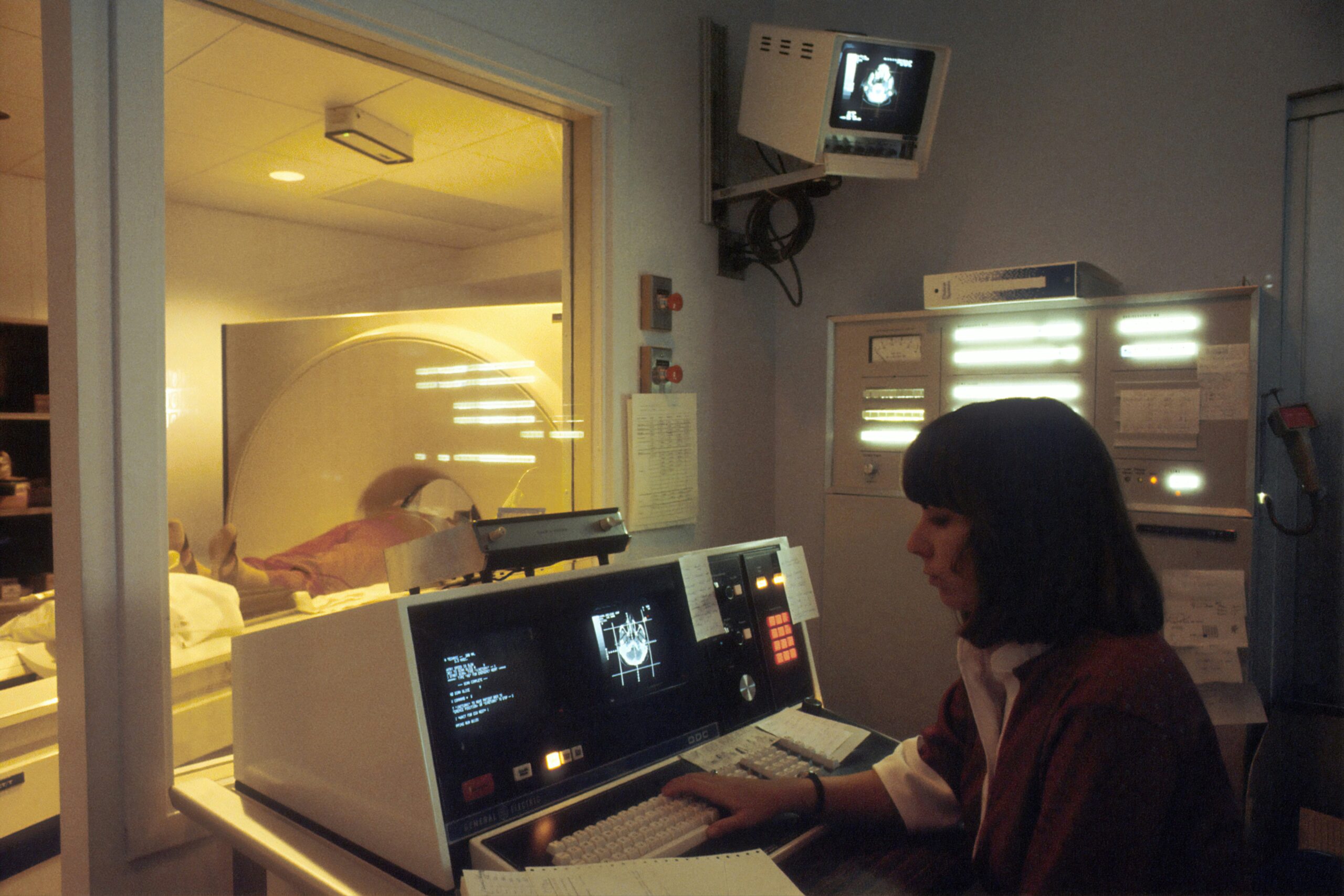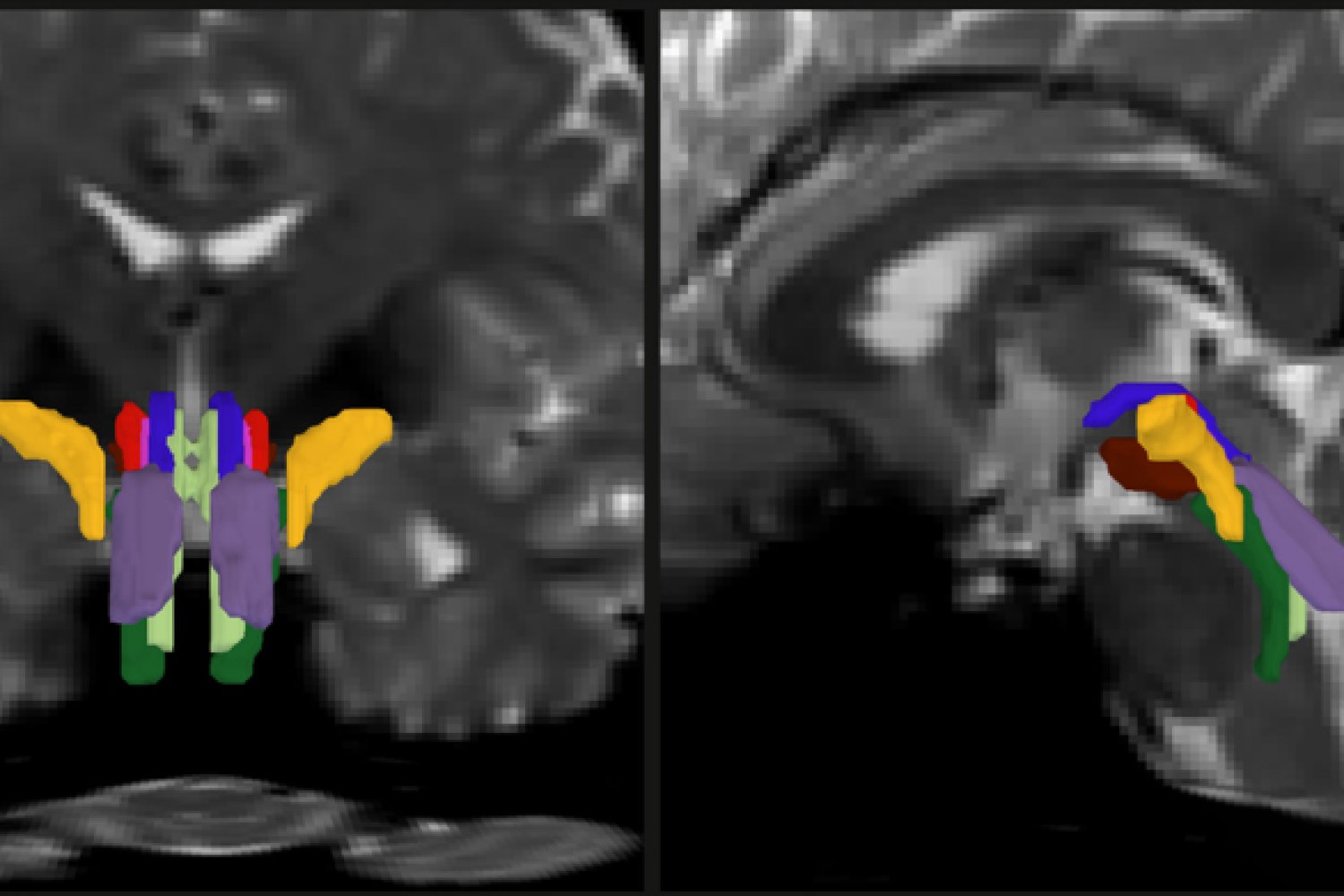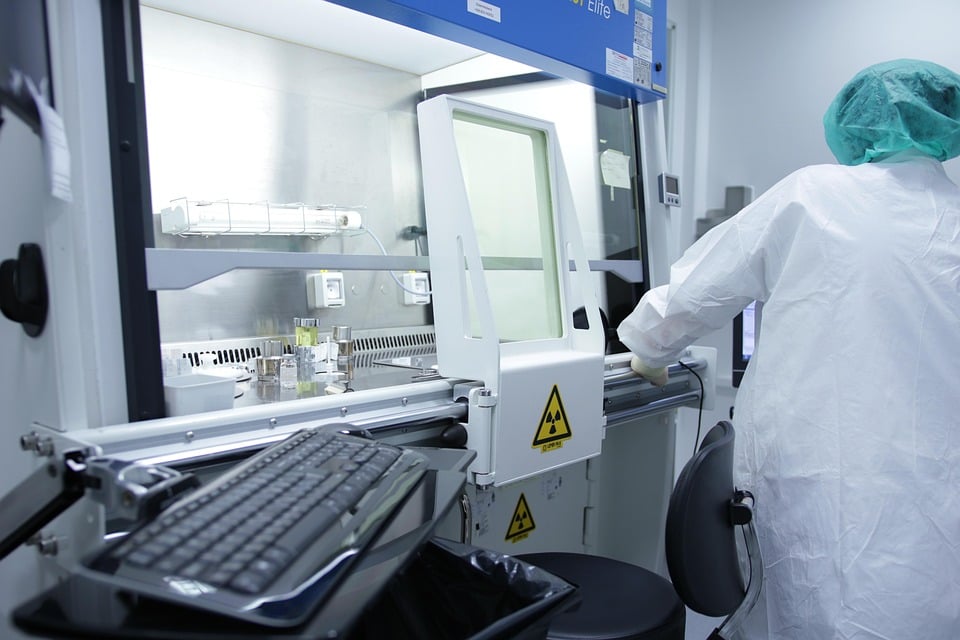
The Australian aviation industry is under scrutiny following revelations that Airservices Australia and the Civil Aviation Safety Authority (CASA) have not reviewed their psychometric testing systems, despite links to two high-profile murder cases. Documents obtained through the Freedom of Information (FOI) process reveal that no reviews have been conducted, raising concerns about the effectiveness of current testing procedures.
The cases in question involve Erin Patterson, a former air traffic controller, and Greg Lynn, a former Jetstar pilot. Patterson was recently found guilty of multiple murders, while Lynn was convicted of killing two individuals during a campsite dispute in 2020. These incidents have prompted questions about the adequacy of psychometric testing in the aviation sector.
Background on Erin Patterson and Greg Lynn
Erin Patterson, who worked as an air traffic controller for Airservices Australia from 2001 to 2002, was convicted in 2023 for poisoning her lunch guests with a dish containing death cap mushrooms. Meanwhile, Greg Lynn was found guilty of murdering Carol Clay during a dispute in Victoria’s High Country, a case that also resulted in the death of Russell Hill. Lynn maintains his innocence and is appealing the conviction.
Despite these high-profile cases, Airservices Australia confirmed that no reviews or reports on their psychometric testing regime have been conducted in recent years. The organization stated that their people and culture department, responsible for managing psychometric testing providers, found no relevant documents or discussions on this matter.
Role of Psychometric Testing in Aviation
Psychometric tests are designed to measure mental capabilities and behavioral styles, helping organizations assess the suitability of candidates for demanding roles. These tests are critical in the aviation industry, where employees must handle high-stress situations effectively. However, the recent cases have raised questions about whether these tests are sufficient in identifying potential risks.
CASA, responsible for psychometric testing of pilots, faced similar scrutiny. FOI documents revealed that questions were raised about how Greg Lynn passed a medical exam following the High Country deaths. CASA responded by detailing their assessment process, which includes mental health checks and the issuance of aviation medical certificates.
“It is the sad reality that people from all walks of life are capable of violent acts that can’t be predicted with any form of medical examination or assessment,” the safety authority said.
Industry Response and Future Implications
Despite the gravity of these cases, there appears to be little discussion within Airservices Australia regarding the need for changes to psychometric testing protocols. Requests for documents related to Erin Patterson were declined, citing concerns about ongoing investigations and potential impacts on personal privacy.
The lack of action raises concerns about the industry’s commitment to ensuring the safety and reliability of its personnel. Experts suggest that a comprehensive review of psychometric testing procedures could help identify potential gaps and improve the selection process for critical aviation roles.
Looking ahead, the aviation sector may face increased pressure to enhance its testing and assessment protocols. As the industry grapples with these challenges, stakeholders will need to balance privacy concerns with the imperative to maintain public safety and trust.
The cases of Erin Patterson and Greg Lynn serve as stark reminders of the potential consequences of inadequate screening processes. As the industry moves forward, a thorough examination of current practices could play a crucial role in preventing similar incidents in the future.






